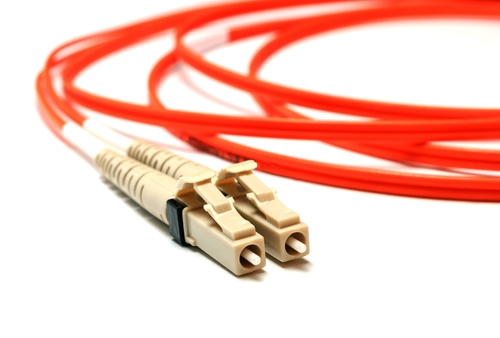LGA Urges Cheap Broadband For Poorest People

Local Government Association calls for USO to include ‘social tarrif’ to aid connectivity for society’s poorest
The Local Government Association (LGA) has urged the government to include a provision in its broadband Universal Service Obligation (USO) for affordable broadband.
The LGA said the USO should “include a social tariff to ensure a basic service of at least 10Mbps is available at an affordable price to those most in need”.
Affordable Broadband
The LGA is the body representing more than 370 local councils in England and Wales. It believes that the inclusion of a “social tarrif” would mean households would have the option to receive a subsidised broadband service should they face undue hardship in paying a market rate.
It pointed out that BT already provides a basic subsidised BT telephony and broadband package to its qualifying customers. But the LGA feels a similar offer should be provided by any supplier/s that would deliver the USO.
Essentially, the thinking is that people who qualify for a basic reduced service would be able to request a connection of at least 10Mbps at an affordable cost, should their current package not be up to speed.
The LGA points out that as government services are increasingly switching to digital, internet access is a vital ‘safety net in current social and economic conditions’.
 “Good digital connectivity is a vital element of everyday life for residents and can help them cut household bills, shop online for cheaper goods, stay in touch with distant relatives, access their bank accounts and even run their own businesses,” said Councillor Mark Hawthorne, chairman of the LGA’s People and Places Board.
“Good digital connectivity is a vital element of everyday life for residents and can help them cut household bills, shop online for cheaper goods, stay in touch with distant relatives, access their bank accounts and even run their own businesses,” said Councillor Mark Hawthorne, chairman of the LGA’s People and Places Board.
“As central and local government services become more digital, the USO will need to provide faster and more reliable speeds and, for our most vulnerable residents, a subsided connection at an affordable price,” he said. “The quality of digital connectivity can be markedly different from area to area with some households being able to access superfast broadband speeds whilst others can only achieve substantially less. Councils want to see a social tariff enabling all people to be able to access a subsidised broadband service.”
The LGA also points out that nearly one in four adults (around 12 million people) do not have basic online skills, and it highlighted a recent report that revealed considerable regional differences in digital exclusion. A copy of the Digital Exclusion Map can be found here.
In August the LGA stepped into the broadband advertising controversy after it branded Internet adverts claiming “up to speeds” as “misleading”.
On The Cheap
There is little doubt that the UK already has affordable broadband packages, thanks to fierce competition in the market.
This is evidenced when Ofcom in 2014 revealed that the average monthly cost of mobile, landline and broadband subscriptions had fallen in the last ten years.
That said, earlier this year the government pledged a “wide-ranging” review into the business broadband market following concerns from the manufacturing sector that the existing services available might be inadequate and too expensive to accommodate future industrial demand.
And this week a government minister called for the UK to have a fully fibre network (rather than the current mix of copper and fibre), as well as 5G connectivity.
What do you know about fibre broadband? Try our quiz!